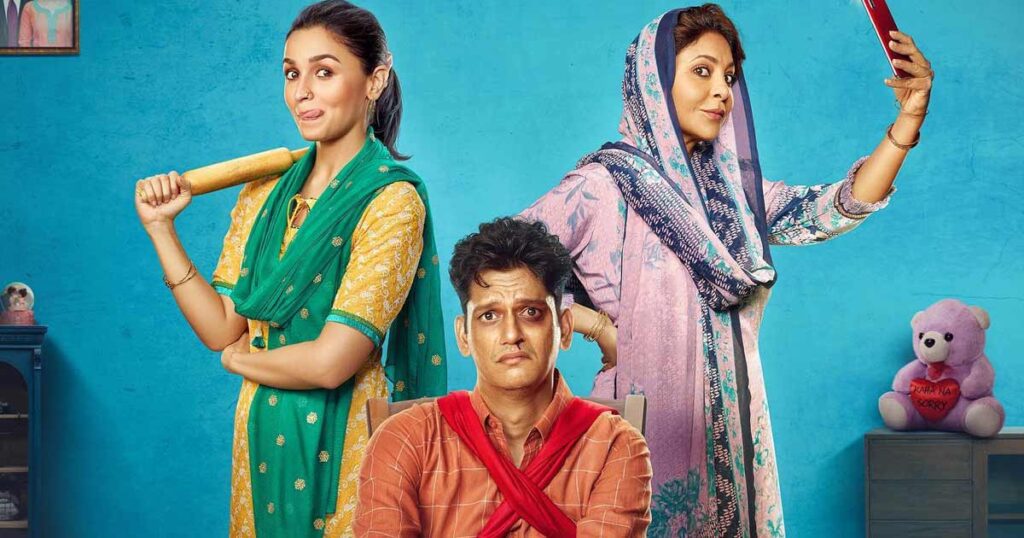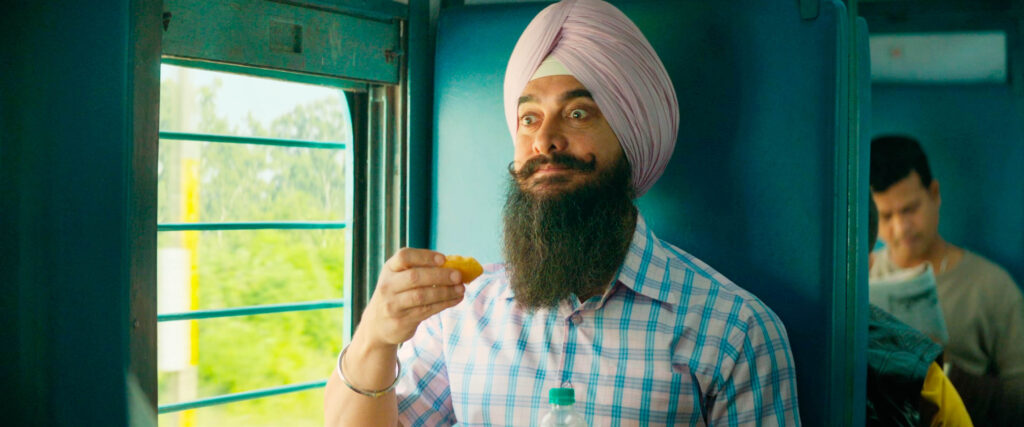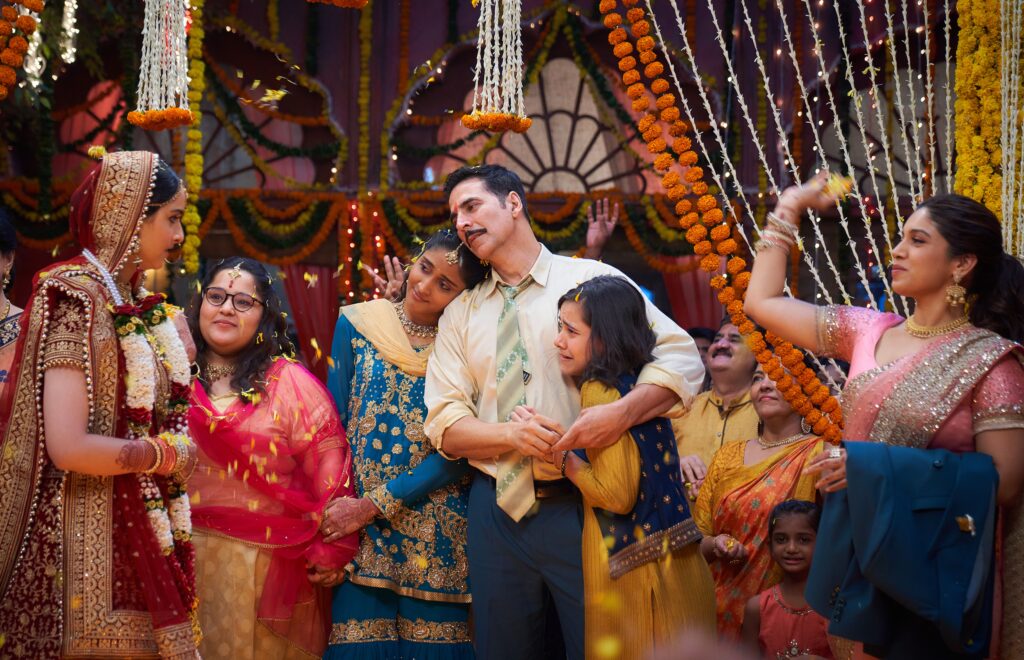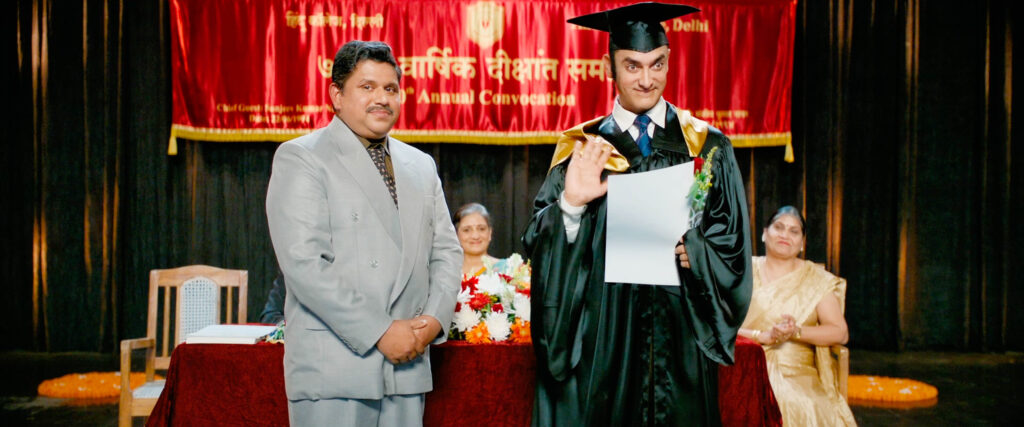The first time I learned the term “Boycott” was in a history class over two decades ago.
It was about the Swadeshi and Boycott Movement in 1905, when India was fighting for freedom and called for boycott of all British goods, urging people to buy Indian products only.
This Indian independence movement became a turning point in Indian history that inculcated national spirit, unity (in support of Bengal) and the importance of being self-reliant. It also etched the meaning and purpose of boycotting something for a larger cause.
That was then.
Over a 100 years later, Indians are running another “Boycott Movement” – “Boycott anything that offers a difference of opinion or promotes diversity”.
Or in other words – Support Intolerance.
Lately, cinema and art are the favorite targets where films, actors, and filmmakers are being (stupidly) boycotted.

Poster image from DarlingsDays before the release of Darlings on Netflix, Twitter was buzzing with a hashtag #BoycottAliaBhatt claiming that the film promoted domestic violence against men.
However, multiple trailers of the film also highlighted domestic violence against women. But that didn’t seem to bother the same netizens to perhaps start a campaign called #BoycottDomesticViolence.
Since the release of the film, viewers have obviously gotten to see both sides of the coin and the majority has been rightly appreciating the dark comedy.
But the bigger question/s behind the #BoycottAliaBhatt movement remains. Has domestic violence against women, in real or reel life, become a norm?
Are people more comfortable watching women being abused and cannot tolerate the same actions against a man? Don’t women deserve the same uproar against violence?

Still from Laal Singh ChaddhaMoving on to another film receiving backlash over a comment made by the actor on the state of tolerance in India – #BoycottLaalSinghChaddha and hate against actor Aamir Khan.
In 2015, Khan expressed his concern over the “growing intolerance” in India wherein he considered migrating to another country with his family.
It’s not unknown that some religious extremists have been pushing their agenda and instilling fear within the country, in efforts to suppress the minorities. In other words, the age-old Hindu-Muslim political debate.
Of late, it’s hard to ignore the countless incidents that scream religious intolerance (among other hate crimes), that the argument of “growing tolerance” shouldn’t even be a surprise or even a subject of hurting sentiments.
It’s simply speaking the truth. But perhaps, truth hurts and hence the majority feels the needs to silence it instead of facing it.
Their larger cause – #BoycottFacts.
This leads me to the third “Boycott Movement” of the hour – #BoycottRakshaBandhanMovie trending on Twitter.

Still from Raksha BandhanThis started because some muttonhead with too much time on his hands, dug out an old tweet of writer Kanika Dhillon where she mentioned gau (cow) taking a jibe at the lack of “ache din” (if you know, you know).
Lo and behold, this “Hinduphobic” statement offended some and now it’s headline news on every platform.
Might I add, the new ‘Boycott Gang’ sure is very social media savvy for crafting extremely specific hashtags. Instead of simply creating a hashtag called #BoycottRakshaBandhan, they carefully created one for the movie, i.e. #BoycottRakshaBandhanMovie … because doing so may send the wrong message of rejecting a religious/cultural occasion altogether. And that’s not good for optics.

Still from Laal Singh ChaddhaIf you too are facepalming and rolling your eyes, join the club.
But this also makes me wonder about the values, sensibilities, and idiocies of the club on the other side.
Now, it’s obvious that such campaigns are being coordinated by extremely dense groups that thrive on claptrap. But what’s their bigger cause…?
Unlike the Swadeshi and Boycott Movement, I don’t see such boycotts in the best interests of a democratic nation or in national spirit to appreciate change and new perspectives.
And as far as films being “boycotted” are concerned, in the words of actor Akshay Kumar, “If you don’t feel like watching the movie, then don’t. It’s a free country and the film is out there, so if someone wants to watch it or not, it’s up to them”.
One thought on “The Boycott Nation – If you too are facepalming and rolling your eyes, join the club”